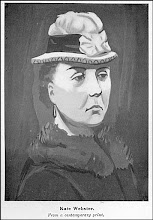
Authors used to expect to struggle as they gained experience. But now it is sell - or else.
In the late 1980s, when I was a graduate student working on short stories and flirting with the idea of a novel, I came across an essay that was being passed around my circle of friends. It was titled "Writing in the Cold: The First Ten Years," and the author was the legendary editor and founder of New American Review, Ted Solotaroff.
Ten years! In the cold! Solotaroff wondered where all the talented young writers he had known or published when he was first editing New American Review had gone. Only a few had flourished. Some, he speculated, had ended up teaching, publishing occasionally in small journals. But most had just . . . given up. "It doesn't appear to be a matter of talent itself," he wrote. "Some of the most natural writers, the ones who seemed to shake their prose or poetry out of their sleeves, are among the disappeared. As far as I can tell, the decisive factor is what I call endurability: that is, the ability to deal effectively with uncertainty, rejection, and disappointment, from within as well as from without."
writer's apprenticeship -- or perhaps, the writer's lot -- is this miserable trifecta: uncertainty, rejection, disappointment. In the 20 years that I've been publishing books, I have fared better than most. I sold my first novel while still in graduate school and published six more books, pretty much one every three years, like clockwork. I have made my living as a writer, living off my advances while supplementing my income by teaching and writing for newspapers and magazines.
As smooth as this trajectory might seem, however, my internal life as a writer has been a constant battle with the small, whispering voice (well, sometimes it shouts) that tells me I can't do it. This time, the voice taunts me, you will fall flat on your face. Every single piece of writing I have ever completed -- whether a novel, a memoir, an essay, short story or review -- has begun as a wrestling match between hopelessness and something else, some other quality that all writers, if they are to keep going, must possess.
Call it stubbornness, stamina, a take-no-prisoners determination, but a writer at work reminds me of nothing so much as a terrier with a bone: gnawing, biting, chewing, until finally there is nothing left to do but fall away.
I have taught in MFA programs for many years now, and I begin my first class of each semester by looking around the workshop table at my students' eager faces and then telling them they are pursuing a degree that will entitle them to nothing. I don't do this to be sadistic or because I want to be an unpopular professor; I tell them this because it's the truth. They are embarking on a life in which apprenticeship doesn't mean a cushy summer internship in an air-conditioned office but rather a solitary, poverty-inducing, soul-scorching voyage whose destination is unknown and unknowable.
If they were enrolled in medical school, in all likelihood they would wind up doctors. If in law school, better than even odds, they'd become lawyers. But writing school guarantees them little other than debt.
Rereading Solotaroff's essay, as I did recently, I found that he was writing of a time that now seems quaint, almost innocent. By the 1980s, he bemoaned, the expectations young writers had of their future lives had "been formed by the mass marketing and subsidization of culture and by the creative writing industry. Their career models are not, say, Henry Miller or William Faulkner, but John Irving or Ann Beattie."
With the exception of Irving, most of the writers referenced by Solotaroff (Beattie, Bobbie Ann Mason, Joan Chase, Douglas Unger, Lynne Sharon Schwartz, Alan Hewat) would draw blank looks from my students, and the creative writing industry of the mid-1980s now seems like a few mom-and-pop shops scattered on a highway lined with strip malls and mega-stores. Today's young writers don't peruse the dusty shelves of previous generations. Instead, they are besotted with the latest success stories: The 18-year-old who receives a million dollars for his first novel; the blogger who stumbles into a book deal; the graduate student who sets out to write a bestselling thriller -- and did.
The 5,000 students graduating each year from creative writing programs (not to mention the thousands more who attend literary festivals and conferences) do not include insecurity, rejection and disappointment in their plans. I see it in their faces: the almost evangelical belief in the possibility of the instant score. And why not? They are, after all, the product of a moment that doesn't reward persistence, that doesn't see the value in delaying recognition, that doesn't trust in the process but only the outcome. As an acquaintance recently said to me: "So many crappy novels get published. Why not mine?"
The emphasis is on publishing, not on creating. On being a writer, not on writing itself. The publishing industry -- always the nerdy distant cousin of the rest of media -- has the same blockbuster-or-bust mentality of television networks and movie studios. There now exist only two possibilities: immediate and large-scale success, or none at all. There is no time to write in the cold, much less for 10 years.
I recently had the honor of acting as guest editor for the anthology "Best New American Voices 2010," the latest volume in a long-running annual series that contains some of the finest writing culled from students in graduate programs and conferences. Joshua Ferris, Nam Le, Julie Orringer and Maile Meloy are just a few of the writers published in previous editions, but now the series is coming to an end. Presumably, it wasn't selling, and its publisher could no longer justify bringing it out. Important and serious and just plain good books, the kind that require years spent in the trough of false starts and discarded pages -- these books need to be written far away from this culture of mega-hits, and yet that culture is so pervasive that one wonders how a young writer is meant to be strong enough to face it down.
The new bottom line
At the risk of sounding like I'm writing from my rocking chair, things were different when I started. My first three books sold, in combination, fewer than 15,000 copies in hardcover. My editor at the time told me there were 4,000 serious readers in America, and if I reached them, I was doing a good job. As naïve as this may sound, it never occurred to me that my modest sales record might one day spell the end of my career. I felt cared for, respected. I continued to be published, and eventually, my sales improved. I wrote a bestselling memoir, appeared on "The Oprah Winfrey Show" and published a subsequent novel that found a pretty wide readership. My timing has been good thus far -- and lucky.
But in the last several years, I've watched friends and colleagues suddenly find themselves without publishers after having brought out many books. Writers now use words like "track" and "mid-list" and "brand" and "platform." They tweet and blog and make Facebook friends in the time they used to spend writing. Authors who stumble can find themselves quickly in dire straits. How, under these conditions, can a writer take the risks required to create something original and resonant and true?
Perhaps there is a clue to be found near the end of Solotaroff's essay: "Writing itself, if not misunderstood and abused, becomes a way of empowering the writing self. It converts anger and disappointment into deliberate and durable aggression, the writer's main source of energy. It converts sorrow and self-pity into empathy, the writer's main means of relating to otherness. Similarly, his wounded innocence turns into irony, his silliness into wit, his guilt into judgment, his oddness into originality, his perverseness into his stinger."
The writer who has experienced this even for a moment becomes hooked on it and is willing to withstand the rest. Insecurity, rejection and disappointment are a price to pay, but those of us who have served our time in the frozen tundra will tell you that we'd do it all over again if we had to. And we do. Each time we sit down to create something, we are risking our whole selves. But when the result is the transformation of anger, disappointment, sorrow, self-pity, guilt, perverseness and wounded innocence into something deep and concrete and abiding -- that is a personal and artistic triumph well worth the long and solitary trip.
--
Shapiro's new book, "Devotion: A Memoir," is just out. She will read at Vroman's Bookstore in Pasadena on Feb. 24 and Diesel Books in Brentwood on Feb. 26.
--
LA Times, February 07, 2010, By Dani Shapiro

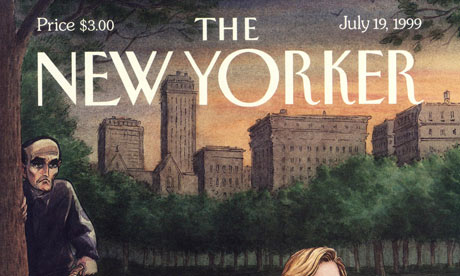







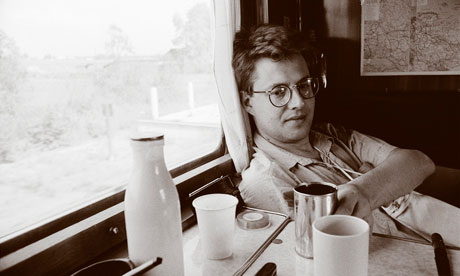



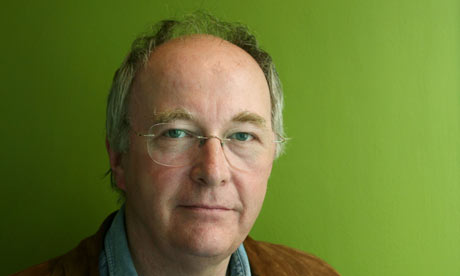
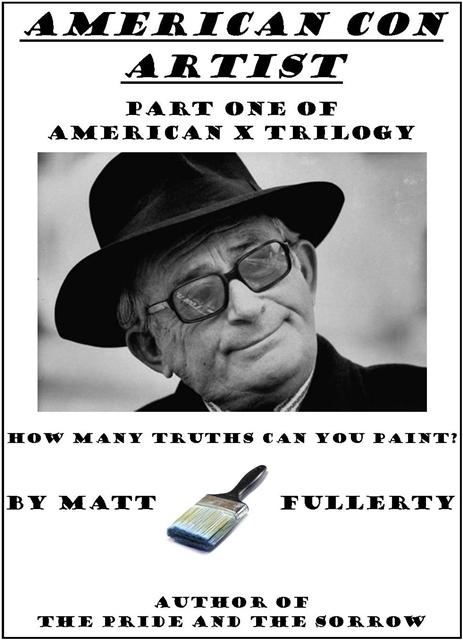cropped.jpg)
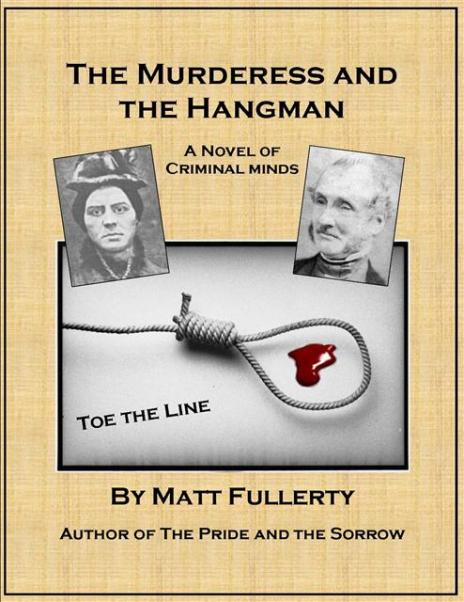.jpg)
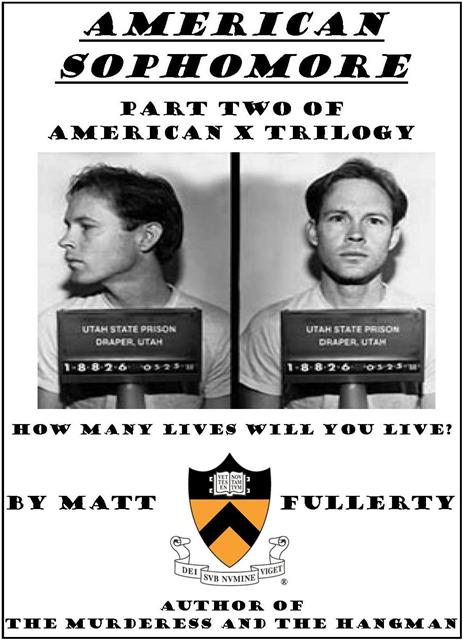cropped.jpg)
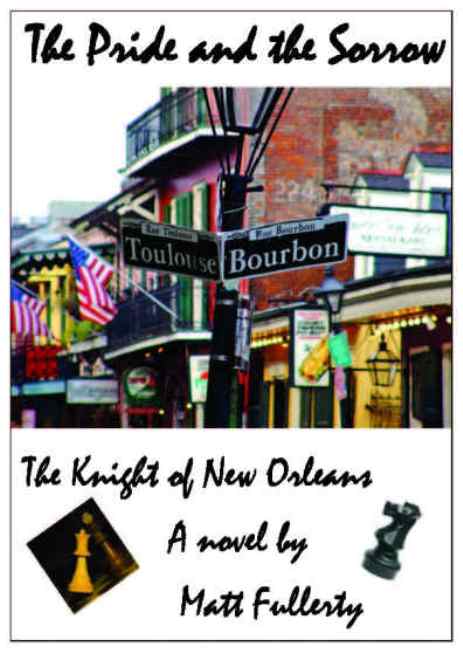2.jpg)
Cropped.jpg)
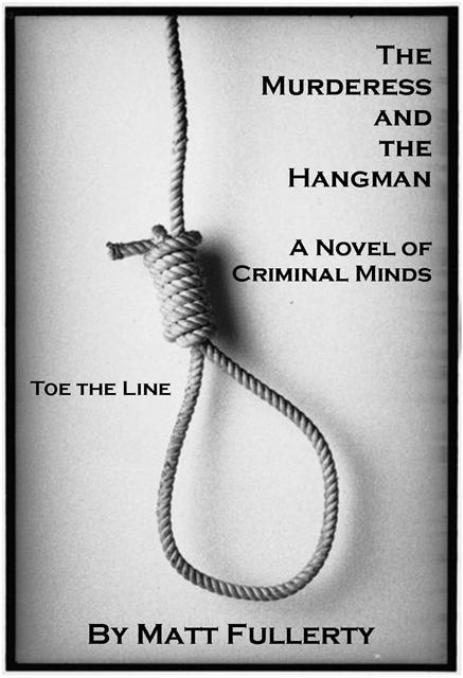cropped.jpg)
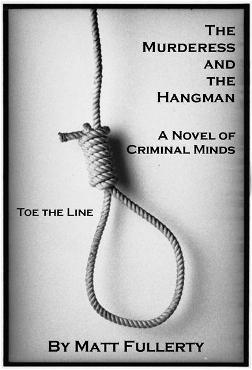4.jpg)






